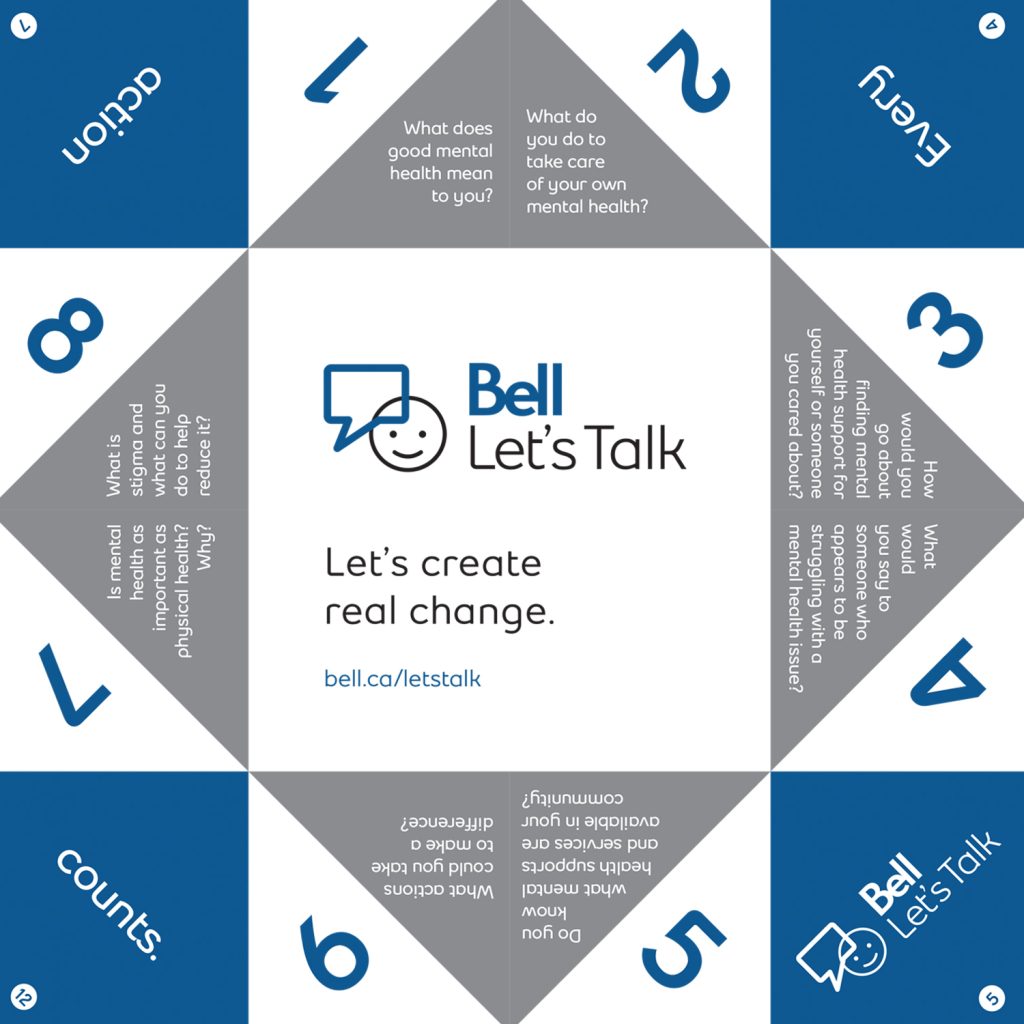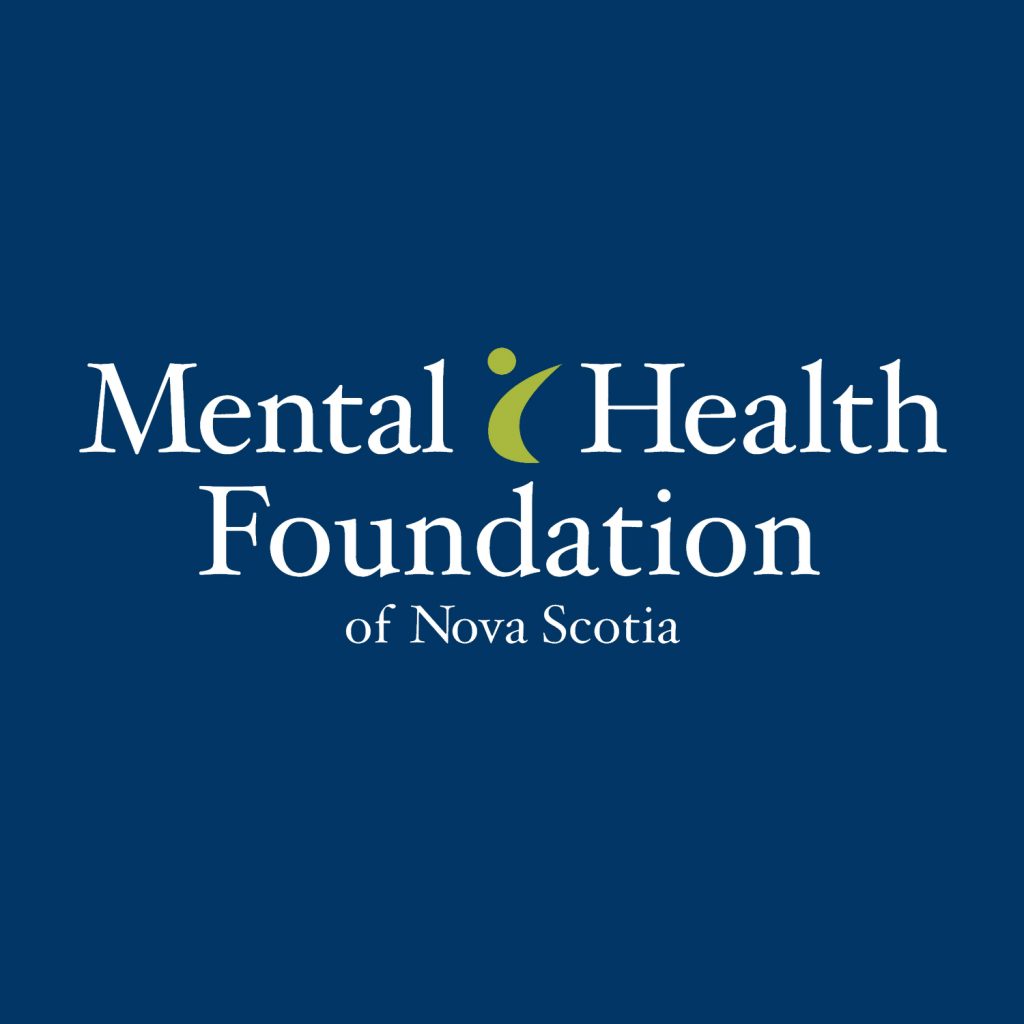WELLNESS RESOURCES
Mental Health
The Canadian Mental Health Association states that all of us will be affected by mental illnesses. One in five Canadians will experience a mental illness at some point in their life. You may not experience a mental illness yourself, but it’s very likely that a family member, friend, or co-worker will experience challenges.
Mental health is not just about having symptoms of mental illness. It is much, much more important at every stage of life, from childhood and adolescence through adulthood and into your senior years. Mental health means feeling good about who you are, having balance in your life and in your thinking and responding constructively to life’s highs and lows. Everyone should practice good mental health. It helps protect you from mental illness, affects how you feel and act and it can help you get the most of out of life.

Tips for Practicing Good Mental Health
Even small acts of self-care can have a big impact in your life.
Mental health, physical health and social connections are all important components of overall health and are interconnected. For example, depression increases the risk for many types of physical health problems, particularly long-lasting conditions like diabetes, heart disease, and stroke. Similarly, the presence of chronic conditions can increase the risk for mental illness (Source: Centre for Disease Control and Prevention). As well, social connections can lower anxiety and depression, help us regulate our emotions, lead to higher self-esteem and empathy and improve our immune systems (Source: Canadian Mental Health Association).
- Be Active
- Eat Well
- Make Sleep a Priority
- Stay Connected
- Quit Smoking
- Relax
- Reduce Alcohol Consumption
- Focus on the Positive
- Reduce Your Screen Time
- Take up a Hobby
- Practice Gratitude
Mental Health – Key Links
- Access Wellness Nova Scotia is a free single-session supportive counselling service for individual, couples or families. Learn More>>
- Access Wellness is a free single-session supportive counselling service for individuals, couples or families.
- Canadian Mental Health Commission, Nova Scotia Division. Learn More>>
- Bell Let’s Talk Learn More>>
- Mental Health Foundation of Nova Scotia Learn More>>
- Nova Scotia Health: Mental Health and Addictions Services Learn More>>
- Nova Scotia Health: Mental Health and Addictions Stop Smoking Program Learn More>>
Increasing your mental resilience will make it easier for you to handle adversity.
Increasing your resilience—mental, physical, emotional, and social—will enable you to deal with adversity more effectively and help to keep you moving forward. Learning resilience techniques and finding methods to enjoy life are both keys to managing stress and improving overall mental health. Here are some links to start you on your way to building your resilience.
Mental Health – Resilience
- Mayo Clinic – Resilience: Build Skills to Endure Hardship Learn More>>
- GOC – Promoting Mental Health and Resilience Learn More>>


